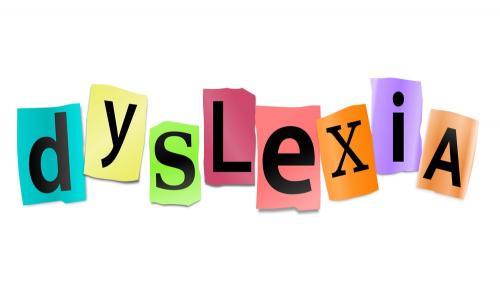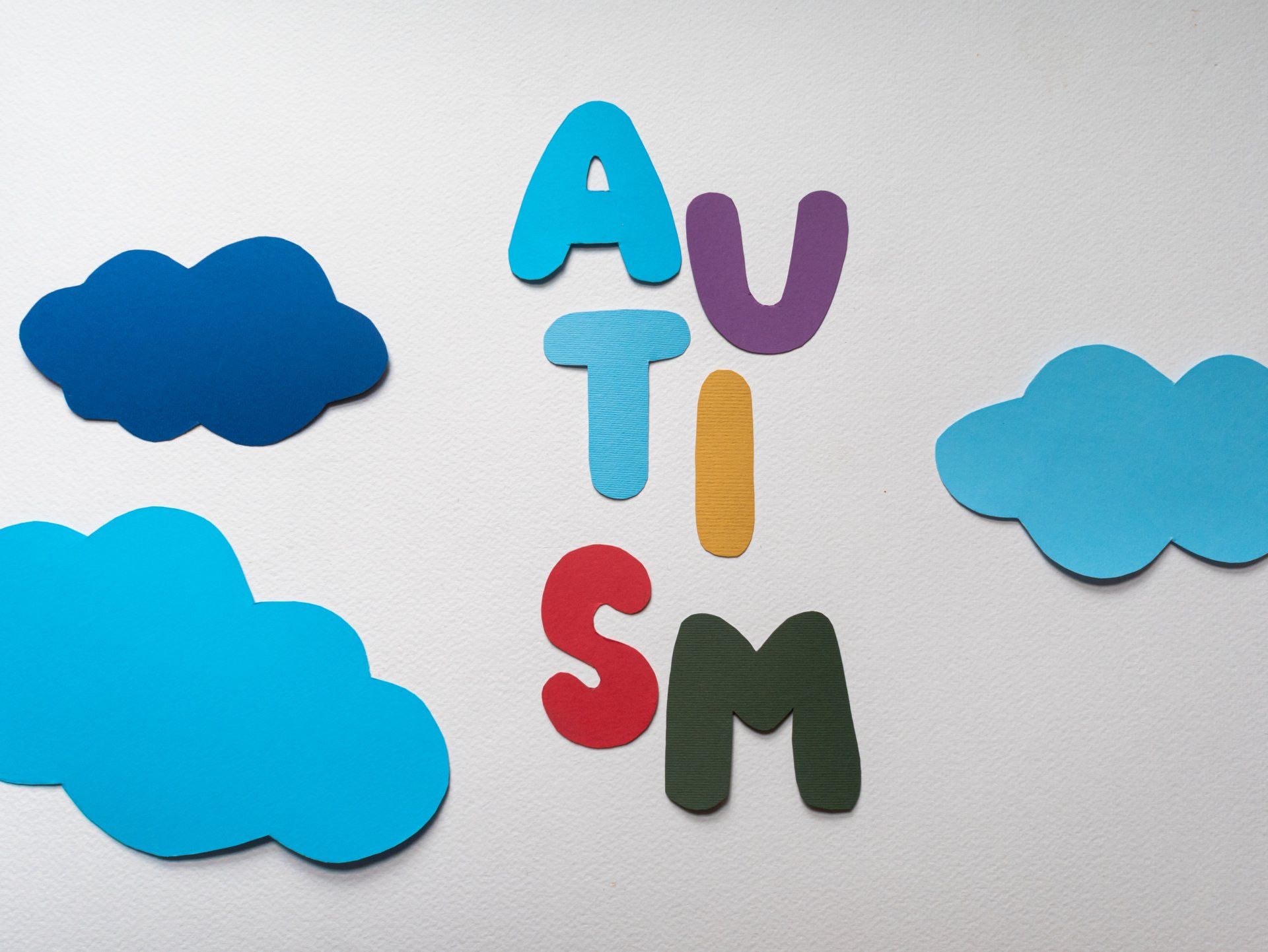
Frequently Asked Questions
Here are some common questions we receive about our tutoring services.
What is your background or experience in tutoring?
All our tutors are qualified teachers and neuro-affirming educators, who have a deep understanding of how children best learn. LALI Services has been helping children improve their literacy and math skills for over 11 years now.
Have you worked with students around this age or level before?
We have experience working with a range of students from primary to high school. We cater to children K-12, with each tutor specializing in their own area, ensuring personalized support.Do you have any training or specialties in education or tutoring?
Our staff have completed extensive professional training over the years, synthesizing this knowledge to create a targeted approach that effectively supports neuro-divergent children.What strategies do you use to keep students engaged?
We employ a variety of strategies, including teaching students about how their brains work and process information, enabling them to self-regulate when they encounter challenges.How do you support neuro-divergent children?
Our approach is tailored to meet the unique needs of neuro-divergent children, focusing on building confidence and skills in literacy and numeracy through engaging and effective methods.
We teach at the pace of the student and only slightly above their current abiilty level, to ensure the learn new content that is not overwhelminly challenging.
What subjects do you cover?
We specialize in literacy and math, helping children with phonic spelling, decoding, reading comprehension, expressive writing, and numeracy skills.Where are you located?
We are based in Alexander Heights and Osborne Park, providing convenient access to our tutoring services.
How can I get started?
Getting started is easy! Simply reach out to us to discuss your child's needs, and we will match you with the right tutor.What is your tutoring approach?
Our tutoring approach is personalized and adaptive, focusing on each child's strengths and areas for improvement to foster a love for learning.Do you offer online tutoring?
No, we only conduct face-face sessions. We believe this is best practise for neuro-divergent children with dyslexia, ADHD, HF autism, DLD (Developmental Language Delay) and more.
Need More Information?
If you have any other questions or need further assistance, feel free to reach out to us. We're here to help!



